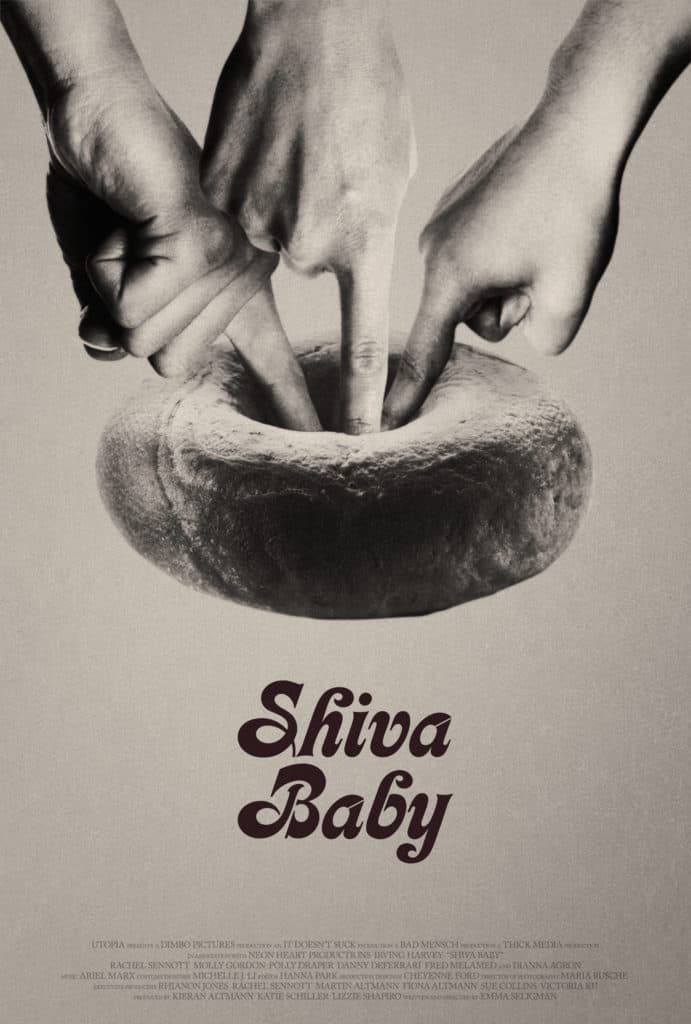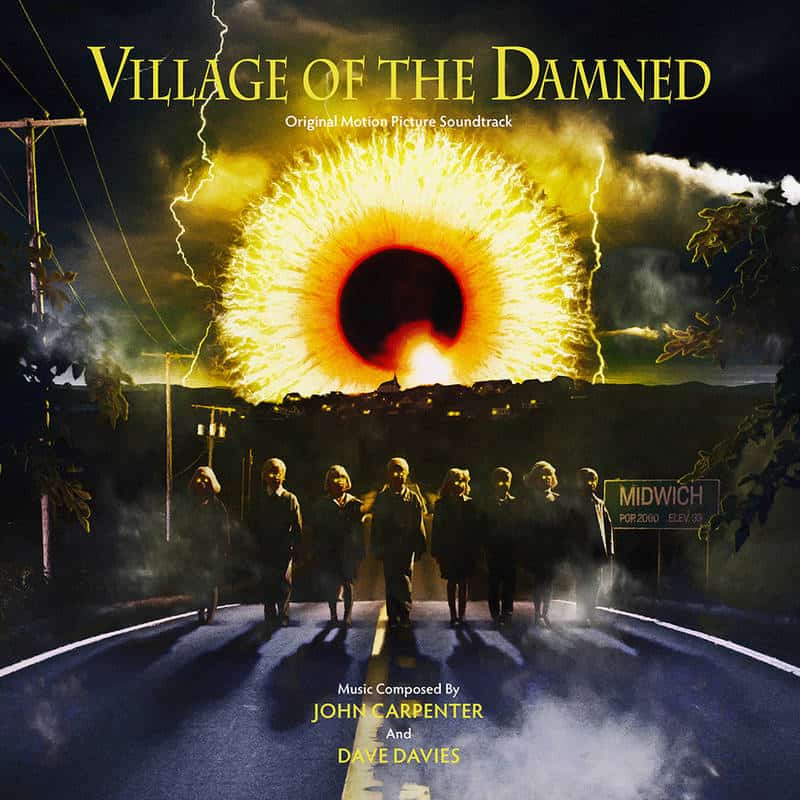
After my first listen to Ariel Marx’s score to Shiva Baby, I felt sick. Its constant onslaught was almost too much to bear, with its short runtime saving me. Ordinarily, this would be the mark of truly terrible music. But here, it’s intentional.
The film is fraught with familial and interpersonal tension, as the threads of main character Danielle’s web of lies reach their breaking points. During a shiva she’s confronted by her ex-girlfriend and her sugar daddy, as well as his wife, all while her family mourns a distant relation. It’s a recipe for the awkward and increasingly becomes too much for Danielle to bear.
Marx latches onto this overbearing awkwardness in her score. Her stringed sounds are largely bereft of melody. Instead, through layers of improvised violin and cello (sometimes ten or more passes), Marx creates a thick sludge of discord, a singular sound of torturous noise. Plucks, pokes, prods, a rattling of unfathomable chaos fills the air. Marx serves these sounds at Danielle’s darkest moments, when anxiety and fear begin to overtake her. We enter Danielle’s mind, see from her perspective the certainty of collapse. Then, moments later, the music ceases in swift relief. That there is almost no music elsewhere in the film only further amplifies this effect, like turning a light on and off.
The score release is arduous, especially the maiden listen. Twenty-two minutes of constant, battering angst hit me with occasional waves of slight nausea and left my stomach in knots. The only recent experience that came close was Mondo Boys’ She Dies Tomorrow. As with that score, however, I immediately hit play again, ready for the intoxicatingly grueling experience once more. It’s rare for a composer to so unabashedly knock the listener right in the mouth, and I can only applaud Marx for doing so. Of course, this isn’t an experience everyone will seek out (or find any sense of pleasure in).
Fortunately, because Marx’s score surfaces so sparingly in the film, it never becomes intolerable. After the brief bursts we have our moment to breathe. Danielle’s torment ceases for a moment and we, like her, hope the worst is over, all the while knowing that it probably isn’t.



